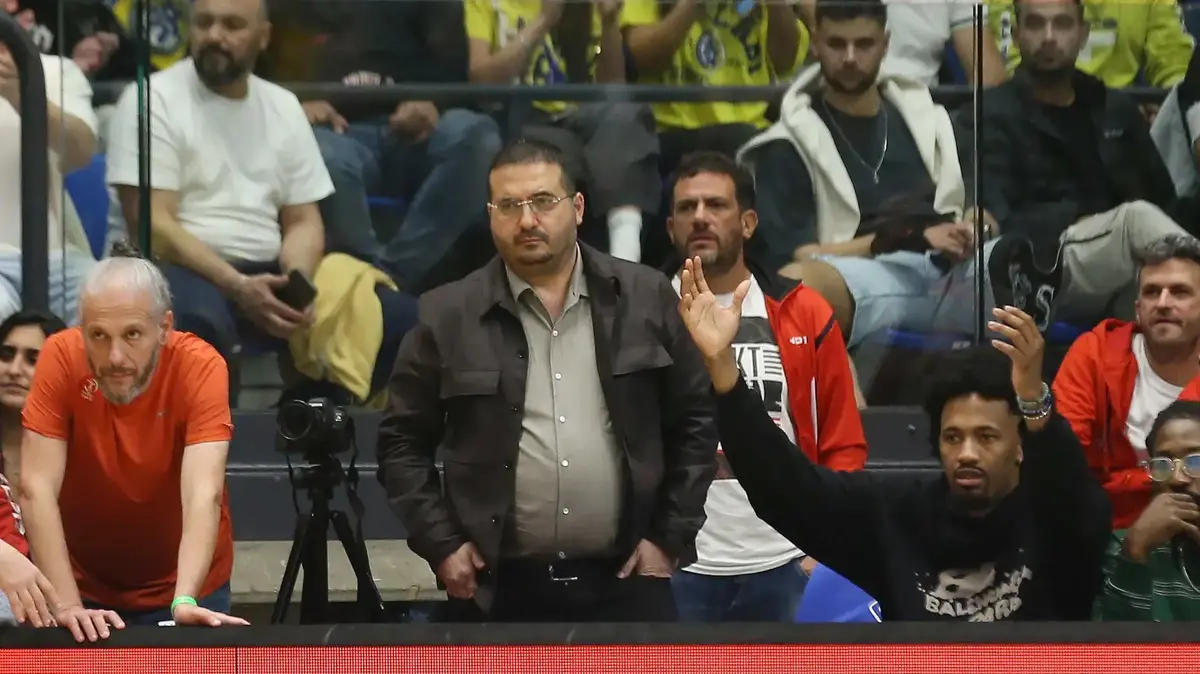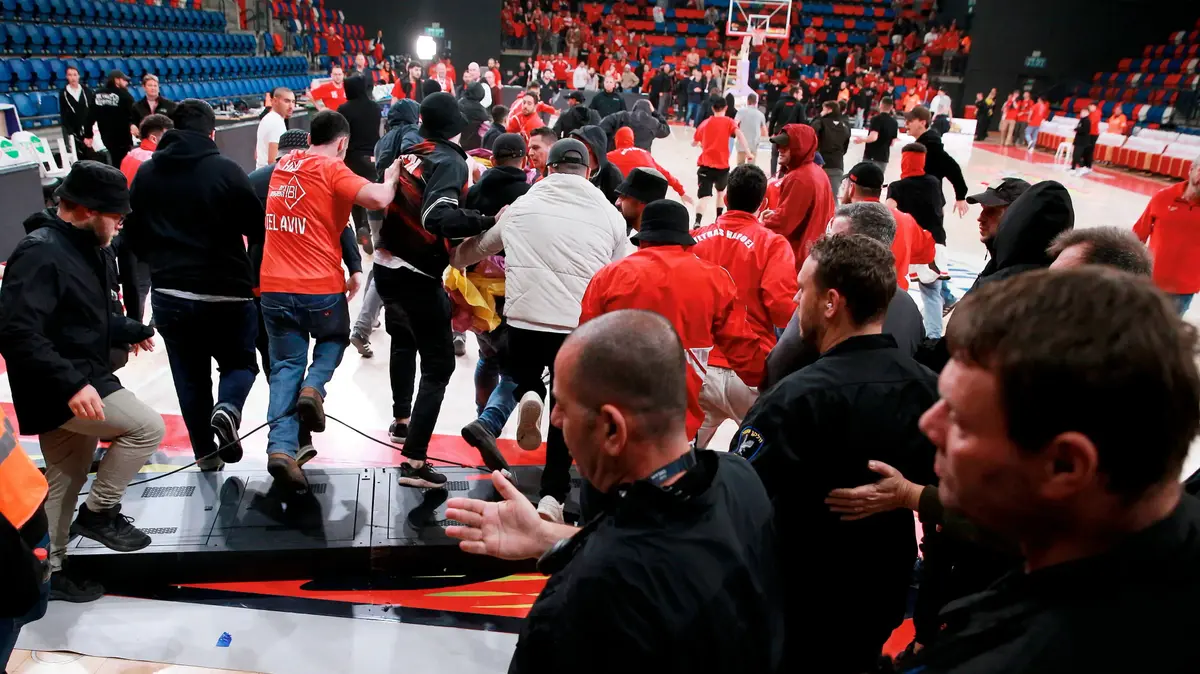In 2009, there was an attempt to predict what soccer would look like in 2020. It was the Orange company that published the "Future of Soccer" report and expected that people would watch games at home with 3D glasses, that fans would be able to choose the color of their team's away shirt, and that in the stadium fans would order food for a seat and choose the angle of the replay they want to see on the television that is installed in the seat in front of them.
They also expected robots to be assistant referees and also estimated that fans would determine team formations.
The report in question is perhaps the reason why the sports-tech industry is a special industry in general and sports is a special industry in particular.
The sport is not only reserved for the business side, it is also and mainly based on emotion.
Trying to make a connection with athletes, whom we are fans of, has an emotional dimension.
And I think everyone in this industry is passionate about the industry.
Some of the things said in the future report are light years away nowadays. The other part has come true in a partial way. But one thing the Orange analysts did not foresee: the entry of analytics into the life of the "ordinary fan" and the type of statistics that sports fans want to discover.
If there is one central thing that can be seen in sports fans, it is the constant search for real-time updates.
As quickly as possible and with as much information as possible.
According to the data of the 365scores research group, there are approximately 20 million sports fans (of which 600,000 are fans in Israel) who have chosen to receive statistics from the platform directly to their mobile device.
These statistics are based on data collected in real time and from multiple sources.
The football fans.
Very updated, photo: Getty
Some of the content is even entered live by people who are in every field in the world and send the information through an internal system.
The other part of the content is produced by AI-based systems.
That is, algorithms that know how to take data from the past about a certain game/specific player and cross it with live updates, with the aim of generating insights for games, players and different sports anywhere in the world.
This is also the reason that in this day and age there is a sharp increase in the demand for numbers and data, which help fans understand what is happening during a sports event.
The same numbers that until a few years ago belonged to the professional team of the sports teams.
This happens because more and more sports fans are looking to be with the teams they are fans of, anytime and anywhere.
Therefore, we see two significant trends, which, although they seem opposite, complement each other: globalization and localization.
On the one hand, globalization makes the big and international competitions accessible and popular all over the world.
In Asia or South America, users are more interested in the major European leagues or the NBA than ever before.
This can also be seen in the trips that some teams have started to make to these destinations out of a desire to increase awareness and the fan base.
Harden.
In Asia, they follow the NBA, photo: AP
On the other hand, localization gives fans a sense of belonging in a local community.
In Brazil, competitions like the Paulista (São Paulo's regional league) or the Carioca (Rio de Janeiro's) are getting more and more exposure.
There is a lot of history and competitiveness at the local level and the rivalries are also getting stronger with time.
If in the past fans were satisfied with some dry data such as yellow cards, substitutions and when the goal was scored, today there are more and more fans who dig deeper into the statistics before, after and especially during games.
Whether at the level of teams, games, leagues or the players themselves.
If we look at the fans in the stands during games, even here in Israel (although this is a global phenomenon), we can see that half of the stands are hungry for information from the game in real time.
If it used to be team training teams, today it belongs to most sports fans who want to become "experts" of the game.
It is important for them to understand sports and no less than that - it is important for them to "debate" about sports with their environment.
Today's technology makes it possible to get more information, to cross-reference different data and thereby create new aspects to look at when examining a specific game or athlete.
And the sports fan, there is a requirement to quickly retrieve and receive this information so that he can make his own prediction for what is going to happen on the field.
Yevgeny Brenner, photo: Omer HaCohen
The writer is the VP of Marketing at
365scores
were we wrong
We will fix it!
If you found an error in the article, we would appreciate it if you shared it with us









